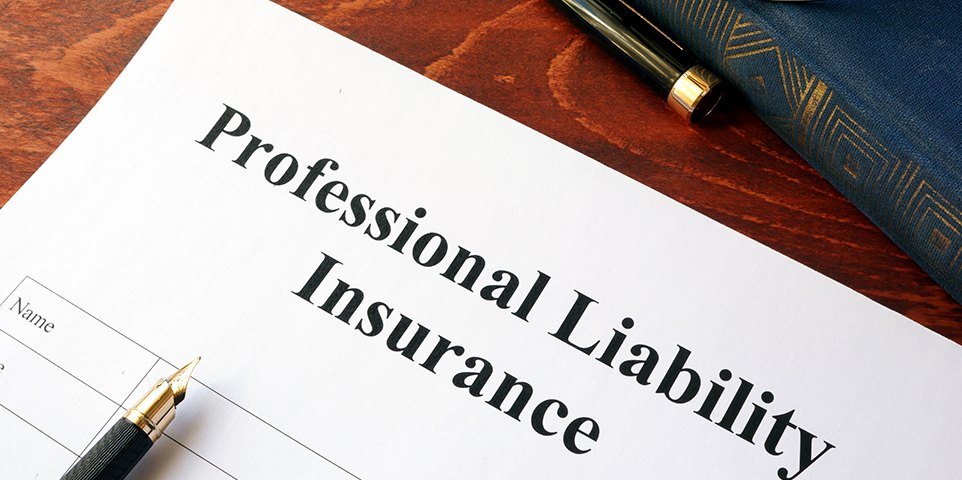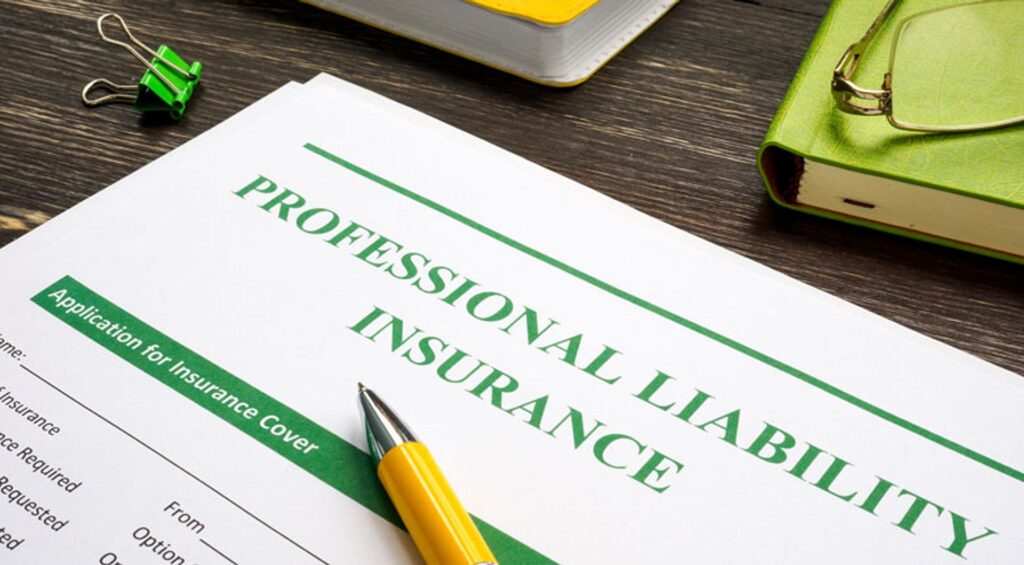Introduction
In today’s competitive business landscape, consultants play a crucial role in helping organizations achieve their goals.
Whether you’re a management consultant, IT advisor, or financial analyst, the insights and expertise you provide can significantly impact your clients’ success.
However, with this influence comes responsibility, and unforeseen circumstances can lead to legal challenges.
This is where professional liability insurance comes into play. This article will delve into the intricacies of professional liability insurance for consultants, examining its importance, coverage details, and how to choose the right policy.
Understanding Professional Liability Insurance

What Is Professional Liability Insurance?
Professional liability insurance, often referred to as errors and omissions (E&O) insurance, protects professionals against claims of negligence, errors, or omissions in the services they provide.
For consultants, this type of insurance is essential, as it shields them from the financial fallout of lawsuits resulting from their professional activities.
Why Is It Important for Consultants?
Consultants are entrusted with providing expert advice and solutions to clients. However, if a client feels that they have suffered a loss due to a consultant’s oversight or error, they may file a lawsuit. Professional liability insurance is critical for consultants because:
- Financial Protection: Legal fees and settlements can be exorbitant, potentially crippling a consultant’s business.
- Credibility: Having insurance demonstrates professionalism and instills confidence in clients.
- Client Requirements: Many clients require consultants to carry professional liability insurance as a condition of their contracts.
Types of Coverage Offered
General Coverage Features
Professional liability insurance generally covers a range of issues, including:
- Negligence: Claims alleging that the consultant failed to meet the standard of care expected in their profession.
- Errors and Omissions: Situations where the consultant’s advice or services led to financial loss for the client.
- Defamation: Claims that the consultant made false statements about a client or competitor.
- Breach of Contract: Instances where the consultant fails to fulfill their contractual obligations.
Specific Coverage for Different Consulting Fields
Different consulting fields may require specialized coverage. Here are a few examples:
- Management Consultants: Coverage may include risks associated with strategic planning and organizational development.
- IT Consultants: Insurance may protect against claims related to data breaches or software failures.
- Financial Consultants: Coverage can address allegations of providing misleading financial advice or mismanagement.
The Claims Process

Steps in Filing a Claim
Understanding the claims process is crucial for consultants. Here are the steps involved:
- Notify Your Insurer: Inform your insurance company as soon as you receive notice of a claim.
- Gather Evidence: Collect all relevant documents and communications related to the case.
- Cooperate with Investigations: Work with your insurer’s legal team to provide necessary information.
- Review the Settlement: Discuss potential settlement options with your insurer, if applicable.
Common Scenarios That Lead to Claims
Consultants can face claims in various situations, including:
- A client accusing a consultant of providing faulty advice that led to significant losses.
- Miscommunications that result in the client feeling that expectations were not met.
- Breaches of confidentiality, particularly for consultants handling sensitive information.
Choosing the Right Policy
Assessing Your Needs
Before selecting a policy, it’s essential to assess your specific needs. Consider the following factors:
- Scope of Services: Understand the types of services you offer and the potential risks associated.
- Client Requirements: Determine if your clients have specific insurance requirements.
- Business Structure: Your business structure (sole proprietorship, LLC, etc.) can influence your insurance needs.
Comparing Policies
When comparing professional liability insurance policies, focus on:
- Coverage Limits: Ensure the policy offers sufficient coverage for your potential liabilities.
- Exclusions: Review what is not covered under the policy to avoid unpleasant surprises.
- Deductibles: Consider the deductible amounts and how they fit into your financial plan.
Working with Insurance Brokers
Engaging an insurance broker can be beneficial. Brokers can provide expert advice tailored to your business needs, helping you navigate the complexities of various policies.
Costs of Professional Liability Insurance
Factors Influencing Premiums
The cost of professional liability insurance can vary significantly based on several factors, including:
- Industry: Some industries have higher risks than others, affecting premiums.
- Coverage Limits: Higher limits typically result in higher costs.
- Claims History: A history of previous claims can lead to increased premiums.
- Location: Insurance regulations and market conditions in your area can impact costs.
Average Costs
While costs can fluctuate widely, consultants can expect to pay anywhere from $500 to $2,500 annually for professional liability insurance, depending on the factors mentioned above.
Importance of Risk Management
Mitigating Risks
In addition to having insurance, consultants should implement risk management strategies to mitigate potential claims. This includes:
- Clear Contracts: Always use detailed contracts that outline the scope of work and expectations.
- Documentation: Keep thorough records of communications and decisions made during the consulting process.
- Continuing Education: Stay updated on industry standards and practices to reduce the risk of errors.
Building Client Relationships
Strong client relationships can also help mitigate risks. By maintaining open lines of communication and managing expectations, consultants can reduce the likelihood of misunderstandings that could lead to claims.
Navigating Legal Challenges
When Legal Issues Arise
Despite best efforts, legal issues may still arise. In such cases, it’s important to:
- Remain Calm: Avoid reacting impulsively; take time to assess the situation.
- Consult Legal Counsel: Engage with an attorney experienced in professional liability issues to navigate the complexities of legal disputes.
Importance of Legal Support
Having legal support not only helps in navigating claims but also in understanding your rights and responsibilities as a consultant.
Tailoring Coverage to Your Business

Customizing Your Policy
Each consulting business is unique, and your insurance policy should reflect that. Discuss with your insurer or broker about tailoring coverage options that align with your specific services and risks.
Regular Policy Reviews
Regularly reviewing your professional liability insurance policy ensures that it continues to meet your evolving needs. As your business grows or changes, so too should your coverage.
Key Takeaways
The Role of Professional Liability Insurance
In summary, professional liability insurance is a vital component for consultants. It protects against legal claims resulting from negligence, errors, or omissions in your professional services.
By understanding the nuances of this insurance, consultants can safeguard their businesses and maintain their professional reputations.
Conclusion: Safeguarding Your Consulting Career
In an ever-evolving business environment, consultants must be proactive in protecting their careers and businesses.
Professional liability insurance is not just a safety net; it is a fundamental aspect of professional practice that enables consultants to operate with confidence.
By understanding the coverage, assessing risks, and choosing the right policy, consultants can focus on what they do best—delivering exceptional value to their clients.
Read more : Top 10 Life Insurance Plans in Miami
Read more : Photographers Professional Liability Insurance
Read more : Top 10 Life Insurance Plans in Miami
Read more : Top 10 Insurance Plans in the USA


